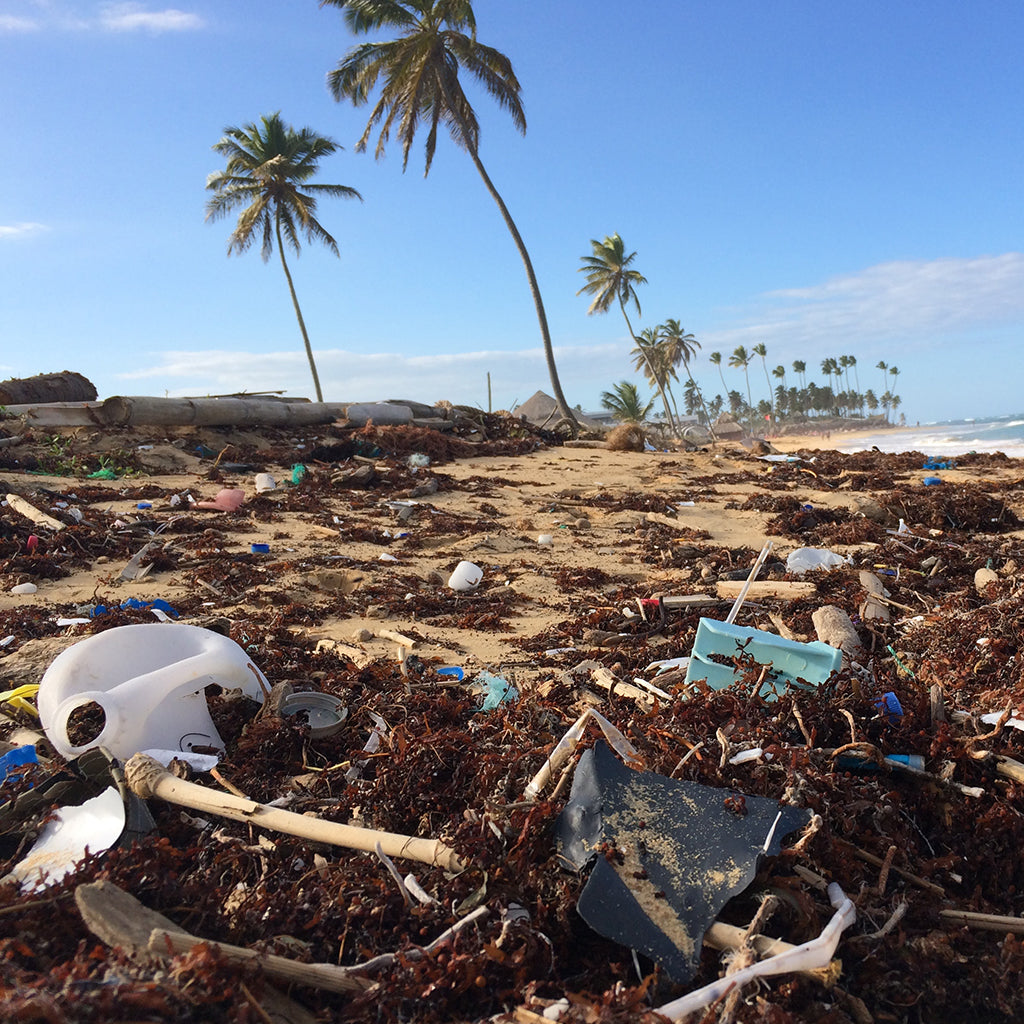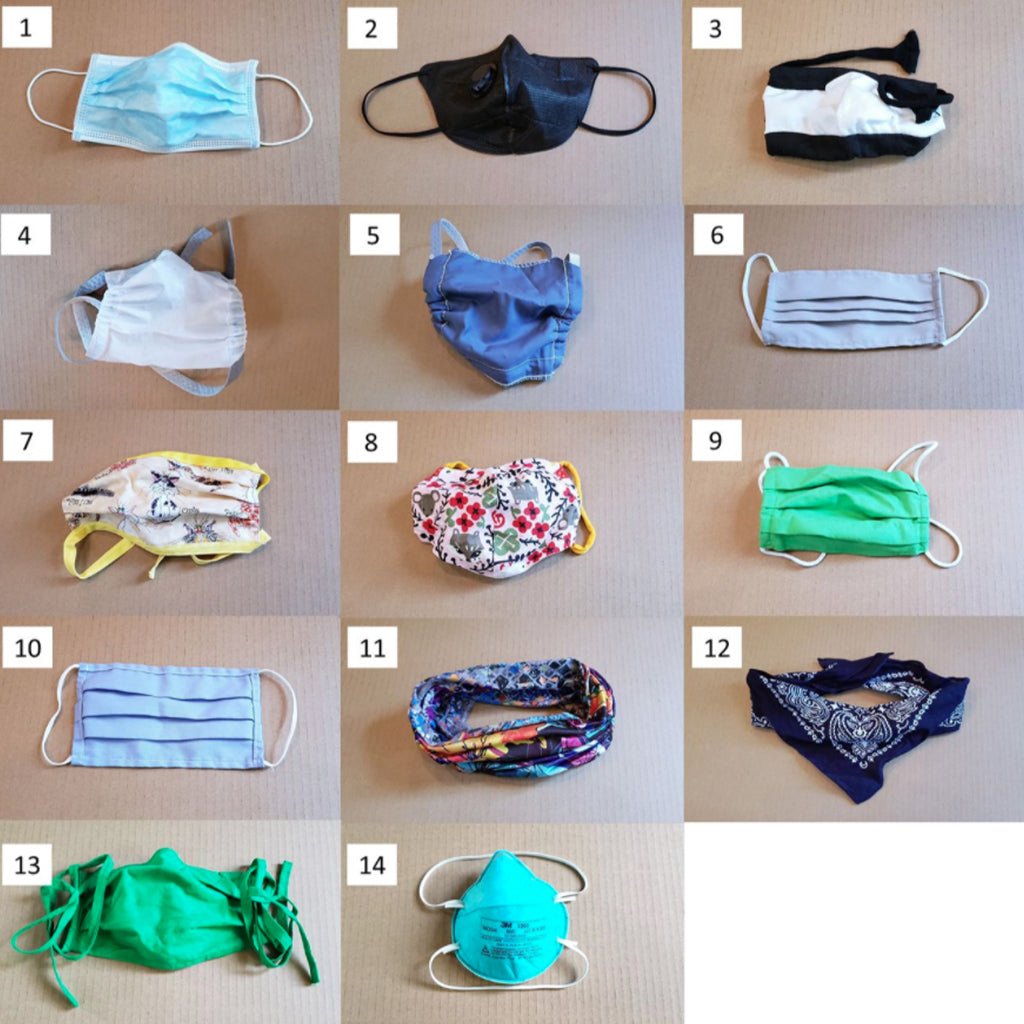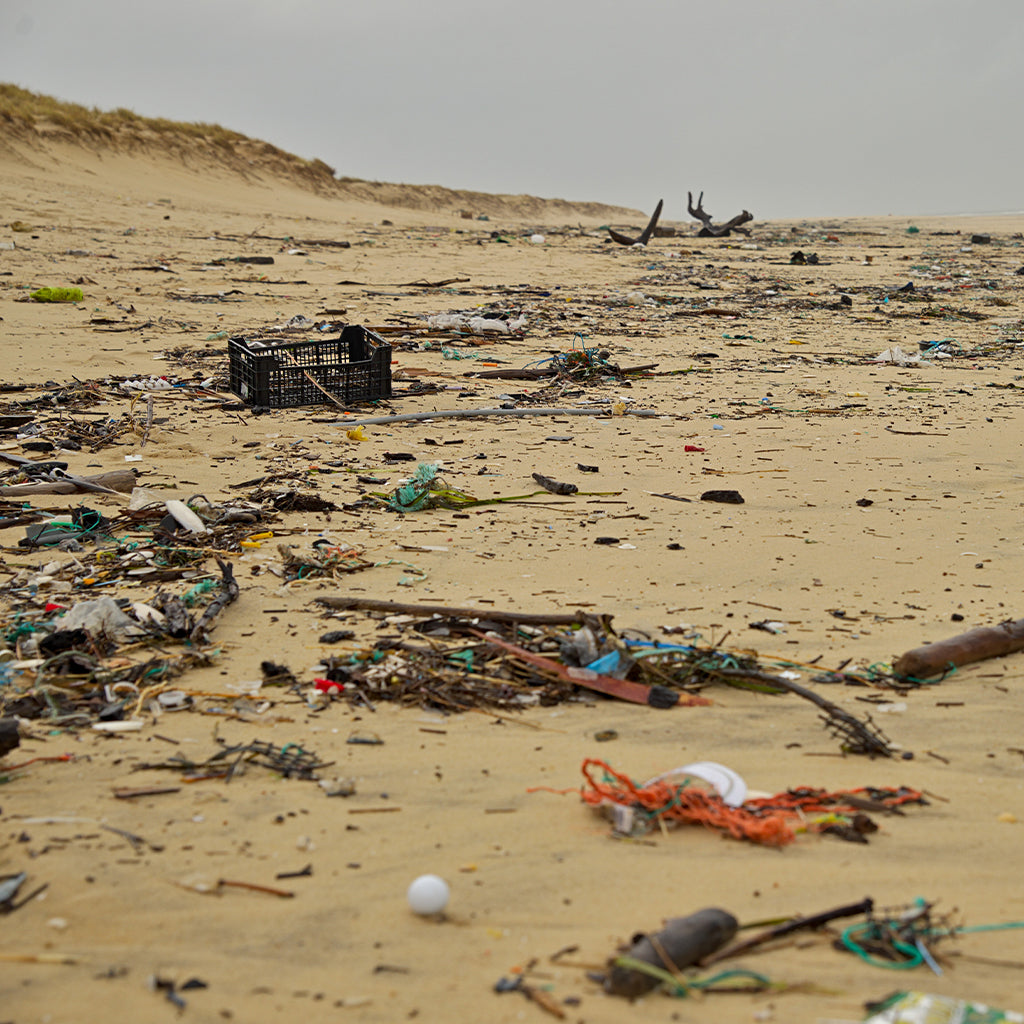Plastic Waste Flowing Into Oceans Will Nearly Triple By 2040
The amount of plastic trash that flows into the oceans every year is expected to nearly triple by 2040 to 29 million metric tons.
That single, incomprehensibly large statistic is at the center of a new two-year research project that both illuminates the failure of the worldwide campaign to curb plastic pollution and prescribes an ambitious plan for reducing much of that flow into the seas.
No one knows for certain how much plastic, which is virtually indestructible, has accumulated in the seas. The best guess, made in 2015, was about 150 million metric tons. Assuming things remain the same, the study estimates that accumulation will become 600 million metric tons by 2040.
The project, developed by the Pew Charitable Trusts and SYSTEMIQ, Ltd., a London-based environmental think tank, essentially calls for a wholesale remaking of the global plastics industry by shifting it to a circular economy that reuses and recycles. If such transformation occurs—and that’s a big if—Pew’s experts say the annual flow of plastic waste into the oceans could be reduced by 80 percent over the next two decades, all by using existing methods and technology. Even a five-year delay allows an additional 80 million metric tons of trash to slide offshore.
The cost of the overhaul runs to $600 billion. That’s $70 billion cheaper than proceeding through the next two decades business-as-usual, primarily because of the reduced use of virgin plastic. “System-wide problems demand system-wide change,” the Pew report says.
For the full article, visit NationalGeographic.com.
Contact us to learn more about using our products!
Total Papers
11837 Goldring Rd, Arcadia, CA, 91006
(800) 919-6880
info@totalpapers.com












